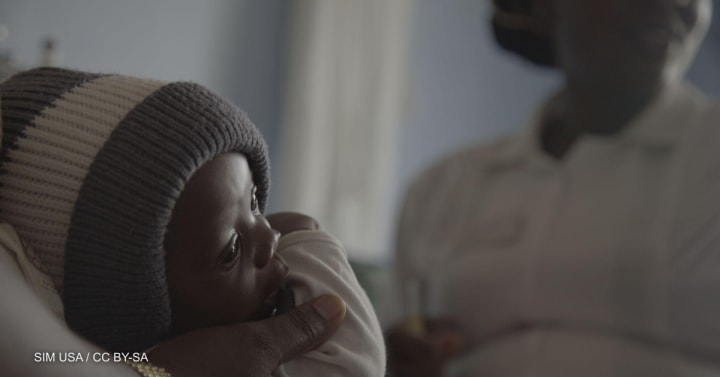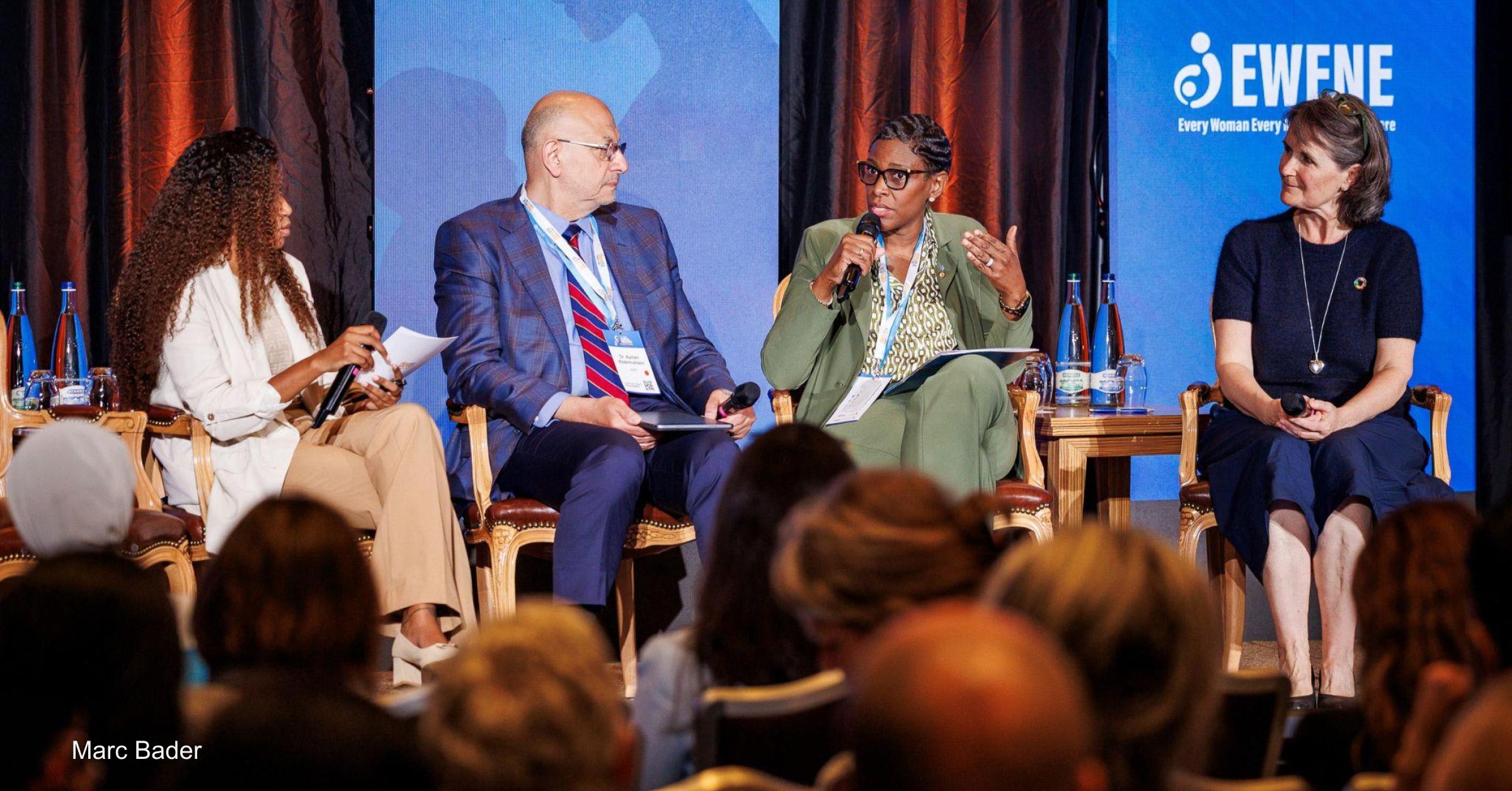
Access to quality and equitable health care has been a difficult challenge across many parts of Africa, but specifically in Nigeria. This challenge becomes more pronounced when basic primary health care services cannot be accessed, particularly in rural areas where a significant population of the poor and vulnerable reside. In situations where health care is available, affordability becomes the challenge due to the out-of-pocket payment required to access services.
There are approximately 40,000 recognized health care facilities in Nigeria, however, most care provided at these facilities is of suboptimal quality due to limited hours of operation, poor staffing, and lack of sufficient infrastructure and equipment. In addition, there were several government health care facilities built and equipped across the country that were subsequently abandoned and never made operational for service delivery — despite being the only health care infrastructure available in those communities. Thus, most of the people in these rural communities rely on unregulated drug stores and facilities and traditional healers, despite having built and equipped health care facilities.
In a bid to adequately reposition the health care service delivery status, Delta State authorities commenced a health care financing and management program called Access to Finance to move away from a vicious cycle of health care service delivery. The Access to Finance program is a public-private partnership initiative that was originally conceptualized as a measure of providing expanded access to care for the fast-growing Delta State health insurance scheme, with an enrolled population of over one million residents. The program is designed to expand quality service delivery to rural communities through revitalization of the abandoned health care facilities, leveraging a partnership between the private sector and the government. The partnership involved several groups working together, including the PharmAccess Foundation, Bank of Industry, the Delta State Contributory Health Commission, the State Ministry of Health, the National Primary Health Care Development Agency, selected private providers, and the local government authority acting as the facility owners representing the communities.
There are currently 15 health care facilities operating under the Access to Finance framework in Delta State, with a target of 50 facilities operational before the end of this year.
No maternal death has been recorded in any of the program’s facilities since its inception.
—Improved access, quality, and health outcomes
The Access to Finance program has impacted stakeholders in diverse ways. Testimonies from the local communities and residents are proof of this fact.
An important metric for assessing the attractiveness of a social investment program to the private sector is the expected net return on investment, or ROI, the program can deliver. It must, however, be mentioned that investing in a program such as Access to Finance requires a medium-to-long-term disposition. As a result, a seven-year projection was conducted, revealing that the program has the capacity to deliver a net ROI of over 300% across the period 2019-2026.
Another key benefit of the program is the opportunities for employment in the health sector. From 2019 to the end of 2021, a cumulative 243 direct jobs have been created by the Access to Finance program, especially in the local communities, thereby providing income stream for local health workers and members of the communities served by the health care facilities.
In addition to the financial impact and high ROI from the program, health outcomes have improved in Access to Finance supported facilities. Findings reveal that the under 5 mortality rate for program facilities stood at 0.7 per 1,000 live births against 53 per 1,000 live births for other health care facilities in the Delta State. No maternal death has been recorded in any of the program’s facilities since its inception.
Lastly, higher standards have been implemented in Access to Finance facilities to help maintain these improved health outcomes. Every participating provider must ensure that there is a resident doctor available to provide care at any time of the day — unlike in other primary health care facilities across the state — providing a better quality of care for patients in need. For example, when a woman was diagnosed with a ruptured ectopic pregnancy, resources were immediately mobilized and she was treated within four hours. Without a functional health care facility under the Access to Finance framework in her community, she would have had to travel for four hours by speed boat through rough sea to the nearest health care facility or have had to wait things out in her local community until care was available.
Calling for scale-up
The Delta State Access to Finance program is an initiative coming at a time when primary health care delivery in Nigeria is at its lowest ebb. The program has been able to resuscitate 15 defunct facilities to active and functional status rendering quality care to rural dwellers in hard-to-reach areas in Delta State. With the program still considered a work-in-progress, gaps are continuously being identified and being taken into consideration for further improvement.
On a general note, it is hoped that other states and Nigeria as a whole will take a cue from the Delta State to ensure the associated benefits of the Access to Finance program are deployed and enjoyed across the entire country.
The Funding the Future series is supported by funding from MSD, through its MSD for Mothers program, and is the sole responsibility of the authors. MSD for Mothers is an initiative of Merck & Co. Inc., in Kenilworth, N.J., U.S.
Join the conversation on finding private sector solutions to improve health service delivery for reproductive, maternal, newborn, child, and adolescent health.









